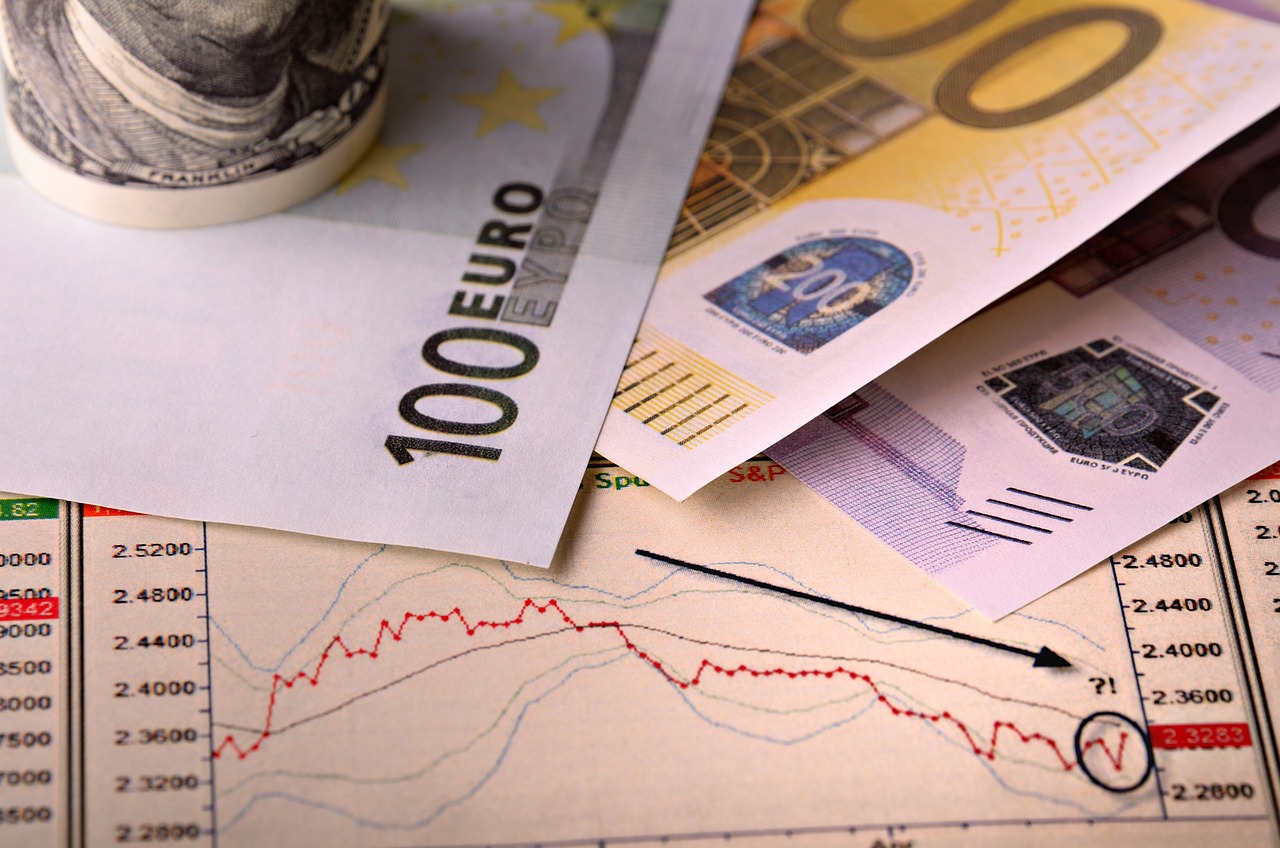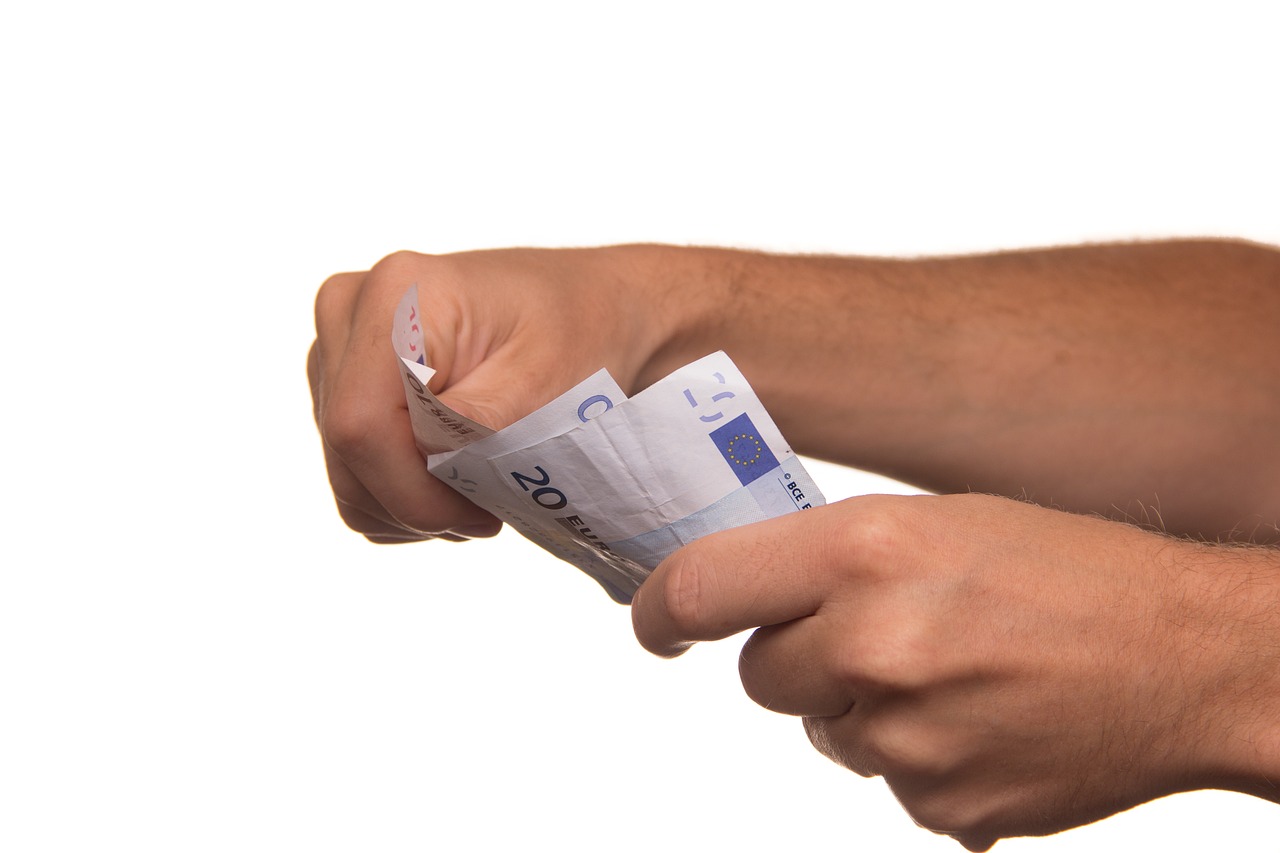Factors Influencing the Fluctuation of 100 Dollars to Naira: CBN, Black Market, Inflation, and Global Trends
GPT_Global - 2025-11-12 19:30:58.0 11
Are there significant differences between the Central Bank and black market rates for 100 dollars to Naira?
The exchange rate between the Central Bank and black market rates for the Naira can significantly impact remittance businesses. For those transferring funds to Nigeria, understanding the difference between official and unofficial rates is crucial. The Central Bank of Nigeria (CBN) sets the official rate, which is typically more stable but often less favorable compared to the black market rate.
Black market rates, on the other hand, fluctuate based on supply and demand and may offer a more advantageous exchange rate, particularly during times of economic uncertainty. These unofficial rates can provide more Naira per dollar, making them appealing to individuals sending money home. However, they come with risks such as legal uncertainties and lack of protection.
For remittance businesses, understanding these dynamics is vital in choosing the best route for transfers. Some businesses opt to offer a better rate closer to the black market price to attract customers. While this can increase business volume, it requires careful risk management to ensure compliance with regulations. Ultimately, whether customers choose the official or black market rate depends on their priorities—reliability or value.

How much does 100 dollars equate to in Naira on different online currency converters?
When sending remittances internationally, understanding the exchange rate is crucial for both senders and recipients. One of the most common questions asked is how much $100 equates to in Nigerian Naira (NGN) across various online currency converters. With fluctuations in the global market, exchange rates can vary significantly from one platform to another.
Online currency converters, such as XE, OANDA, and Google, offer different rates depending on real-time market data and their conversion fees. XE, known for its accuracy, often provides slightly different rates compared to OANDA, which is used by businesses for bulk currency exchange. Google’s built-in currency converter is quick but can show approximate rates, not always reflecting the true value a remittance service may offer.
When remitting money, it’s essential to compare the rates provided by these online tools with those of money transfer services like Western Union, PayPal, or local bank transfers. These services often offer competitive rates and low transfer fees, which can make a big difference when sending $100 to Nigeria. Always double-check the rates before making a transaction to ensure you’re getting the best deal possible.
What is the difference between buying and selling rates for 100 dollars to Naira?
```htmlIn the remittance business, understanding the difference between buying and selling rates for currency exchange is crucial. When converting dollars (USD) to Nigerian Naira (NGN), the buying rate refers to the price at which a money transfer service or financial institution purchases USD from the customer. Essentially, this is the rate at which the service provider buys the foreign currency.
On the other hand, the selling rate is the rate at which the provider sells the USD to the customer. This is typically higher than the buying rate, as it accounts for the provider's profit margin and other associated costs. The difference between these two rates is essential for both the service provider and the customer, as it determines how much Naira you’ll receive for your dollars or vice versa.
For example, if the buying rate is 400 NGN to 1 USD and the selling rate is 405 NGN to 1 USD, you’ll get fewer Naira when exchanging your dollars compared to what you'd pay when purchasing dollars. Being aware of these rates can help customers make informed decisions when sending or receiving money internationally.
```How do global events impact the value of 100 dollars in Naira?
```htmlThe value of the Naira against the US Dollar fluctuates constantly, influenced by various global events such as economic crises, geopolitical tensions, and shifts in global trade dynamics. For businesses involved in remittances, understanding these global impacts is essential. When global events lead to economic instability, the demand for foreign currency increases, often devaluing the Naira. This means that the value of 100 dollars in Naira can significantly change, affecting both senders and receivers of remittances.
Additionally, global oil price changes also play a major role. Nigeria, being a major oil exporter, experiences fluctuations in the Naira’s value based on oil price changes in the international market. A rise in oil prices can strengthen the Naira, while a drop can weaken it. As a result, remittance businesses must stay updated on these trends to offer competitive exchange rates to their customers.
Understanding how these events shape the value of the Naira enables remittance companies to provide better services, allowing clients to maximize the value of their transfers, despite global economic changes. For those sending money to Nigeria, this knowledge can result in more efficient and profitable transactions.
```What is the historical trend of 100 dollars to Naira over the past decade?
```htmlThe historical trend of the US dollar to Nigerian Naira over the past decade has been marked by significant volatility. As of 2015, the exchange rate hovered around 200 Naira per dollar, but in the years that followed, it steadily increased due to inflationary pressures, government policies, and fluctuations in oil prices, Nigeria's primary export. By 2020, the rate surpassed 400 Naira to the dollar, reaching alarming levels for remittance receivers.
In 2021, the Central Bank of Nigeria took steps to stabilize the currency, but the effects were minimal as the Naira continued to weaken. The economic factors influencing this decline include low foreign reserves and a reliance on oil revenue. As of late 2023, the exchange rate has seen varying results, reflecting global market trends and domestic economic challenges.
For remittance businesses, understanding this trend is crucial. The exchange rate's volatility impacts the amount recipients in Nigeria can receive, which may affect the decisions of senders and receivers. A strategic approach is necessary to navigate the changing landscape and offer competitive, cost-effective remittance services.
```How often does the exchange rate for 100 dollars to Naira change?
When dealing with international remittances, especially for Nigerian recipients, understanding the fluctuation of the exchange rate is crucial. The exchange rate for 100 US dollars to Naira can vary significantly due to a variety of factors. These factors include market demand, government monetary policies, and global economic conditions.
Typically, the exchange rate is not static and changes daily or even multiple times within a day. The Central Bank of Nigeria (CBN) plays a significant role in controlling the official exchange rate, while the parallel market or black market rates can differ. This creates a dynamic environment where senders need to stay updated on the current rate to ensure they get the best value for their remittance.
For businesses in the remittance sector, it’s vital to monitor these fluctuations regularly. Offering real-time rate updates can help customers make informed decisions. Moreover, adapting to market changes can ensure competitive pricing, which ultimately builds trust and attracts more customers to your services.
About Panda Remit
Panda Remit is committed to providing global users with more convenient, safe, reliable, and affordable online cross-border remittance services。
International remittance services from more than 30 countries/regions around the world are now available: including Japan, Hong Kong, Europe, the United States, Australia, and other markets, and are recognized and trusted by millions of users around the world.
Visit Panda Remit Official Website or Download PandaRemit App, to learn more about remittance info.


